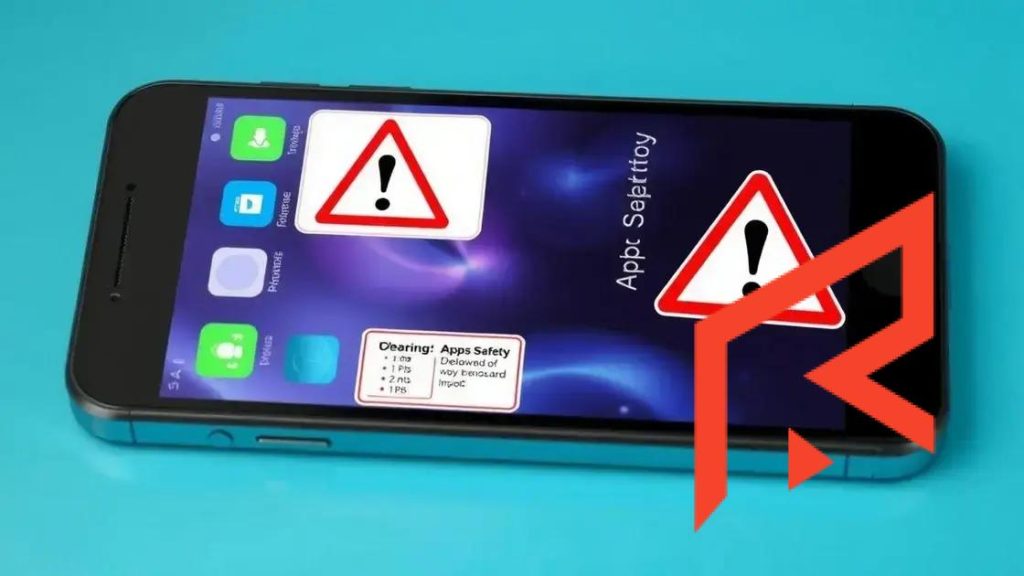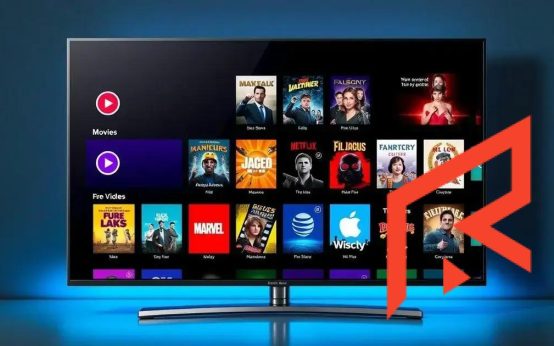App safety is crucial because many popular apps may compromise your data through excessive information collection, insecure storage, and third-party data sharing.
When it comes to app safety, it’s crucial to be aware of which applications could jeopardize your privacy. What if I told you that some of the most popular apps might be collecting your data without you even knowing? Let’s dive in.
Top mobile apps to avoid for privacy concerns

When considering app safety, it’s vital to be aware of certain mobile applications that can put your personal information at risk. Some of these apps, while popular, have been reported to engage in practices that compromise user privacy.
Top mobile apps that raise red flags
1. Facebook: While it connects you with friends, its data collection practices can be invasive. Be cautious about the information you share.
2. WhatsApp: Despite providing encrypted messaging, it is owned by Facebook, which may raise privacy concerns for some users.
3. Snapchat: Although fun for sharing images, it has faced criticism for its data retention policies and sharing of user data with third parties.
4. Uber: As a ride-sharing app, it gathers extensive data. Be mindful of the permissions you grant for location tracking.
5. TikTok: This social media platform has drawn scrutiny over data privacy due to its Chinese ownership and potential for surveillance.
Why these apps can compromise your data
The common thread among these applications is their business model, which often relies on data monetization. By analyzing user behaviors, they create targeted advertising strategies which, while profitable, can put your data at risk.
Moreover, these apps may not always be transparent about what data they collect and how it is used. Always check app permissions and consider limiting sharing sensitive information.
Reasons why these apps can compromise your data

Many popular apps can compromise your data due to various factors. Understanding these reasons can help you make better decisions about which apps to install.
Data Collection Practices
Apps often collect more information than necessary. They may ask for access to your contacts, location, and even your camera, raising privacy concerns. Always review the permissions before downloading.
Third-Party Sharing
Some apps share your data with third parties, which can include advertisers and analytics companies. This can lead to your data being used without your consent.
Many users are unaware that their personal information is being sold or shared, making it crucial to read the privacy policy of each app.
Insecure Data Storage
Apps might not store your data securely, making it vulnerable to breaches. If a company does not prioritize security, your data could be at risk.
Frequent Updates Indicate Instability
Apps that frequently update may have underlying problems that require fixing. While updates can bring improvements, they can also introduce new vulnerabilities.
Staying aware of which apps regularly release security patches is essential for maintaining your data security.
In conclusion: safeguarding your data is crucial
Understanding the reasons why some apps can compromise your data is essential in today’s digital world. Many popular applications may collect excessive information, share it with third parties, or even store it insecurely.
By being aware of these risks and reviewing app permissions, you can better protect your personal information. Always prioritize your data safety to enjoy your favorite apps without compromising your privacy.
FAQ – Frequently Asked Questions about App Safety and Privacy
Why should I be concerned about app data privacy?
Data privacy is crucial because many apps collect sensitive information that can be misused if not properly protected.
How can I check if an app is safe to use?
Always review the app’s permissions, read user reviews, and check its privacy policy to understand how your data will be handled.
What are the signs that an app may compromise my data?
Look for apps that require excessive permissions, frequently update without clear reasons, or have poor user feedback regarding security.
Can uninstalling an app protect my data?
Uninstalling an app can help, but be sure to delete your data from the app and check for any lingering data it may have stored.
What steps can I take to improve my data security on mobile apps?
You can improve data security by using strong, unique passwords, updating apps regularly, and only downloading apps from trusted sources.
Are there alternatives to these popular apps that are safer to use?
Yes, many alternatives prioritize user privacy. Research and read reviews to find apps that have better data protection practices.


 AI tools for productivity: revolutionize your workflow now
AI tools for productivity: revolutionize your workflow now  Streaming services: Discover the 10 best free options available today
Streaming services: Discover the 10 best free options available today  Music streaming services you need to try today
Music streaming services you need to try today